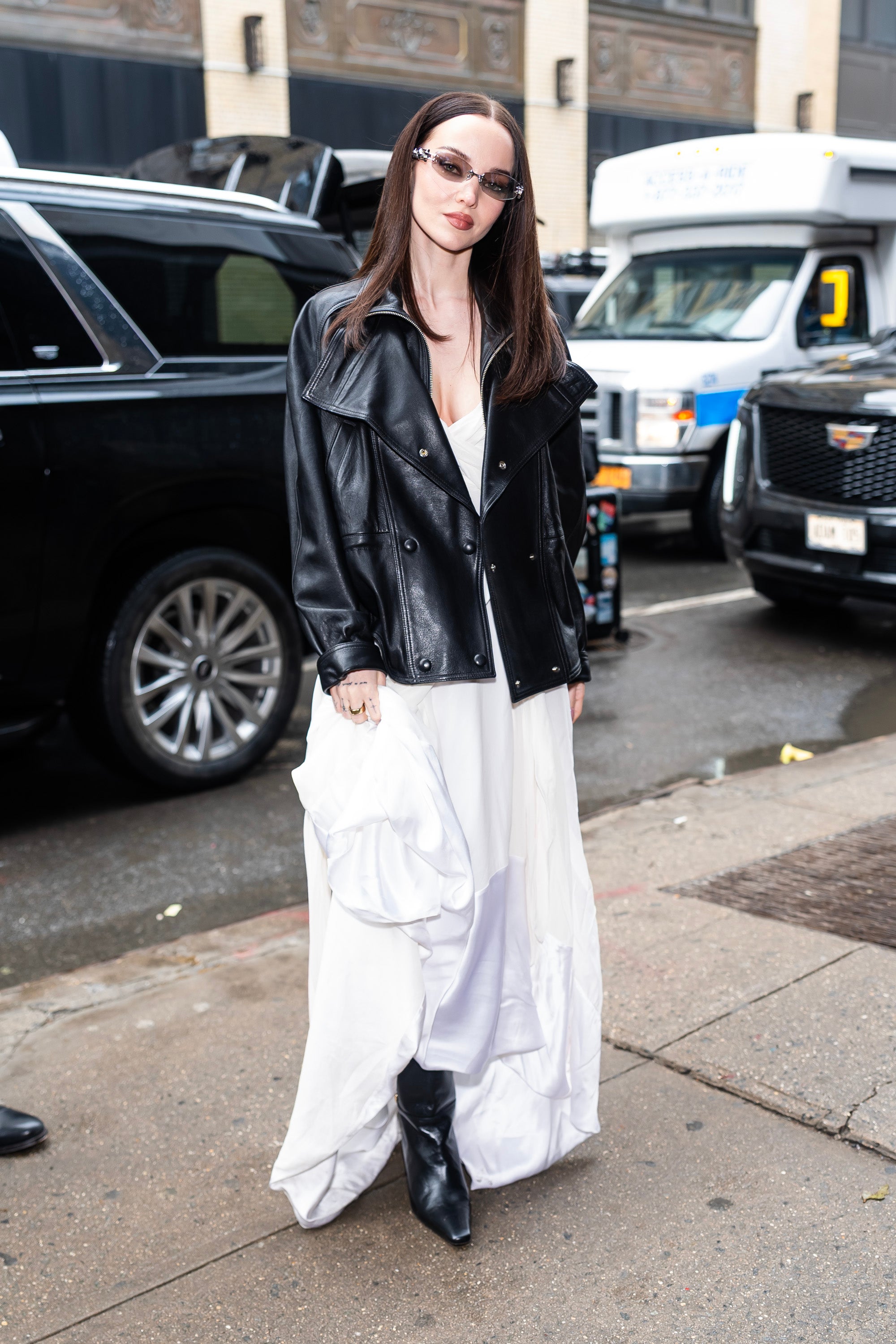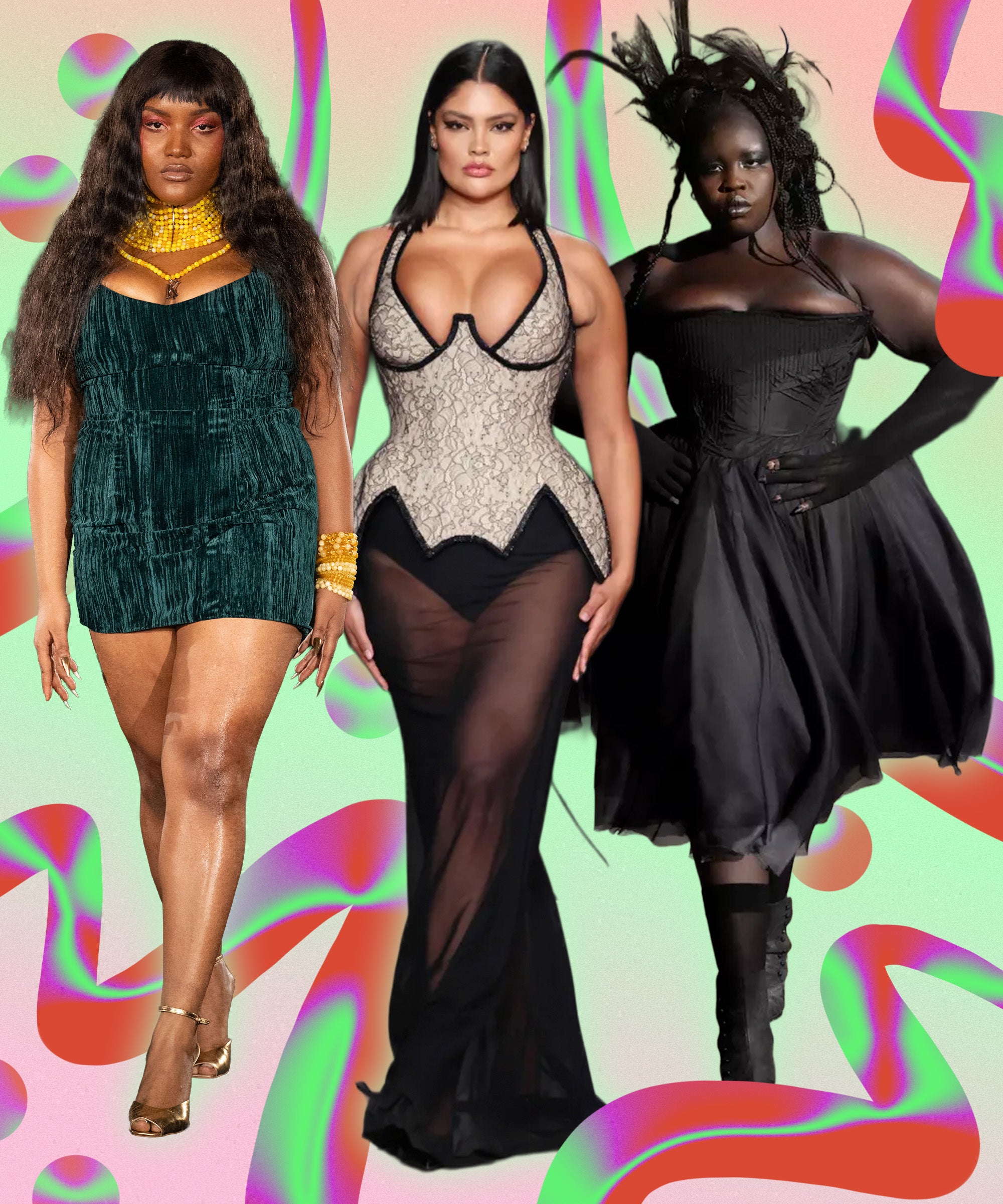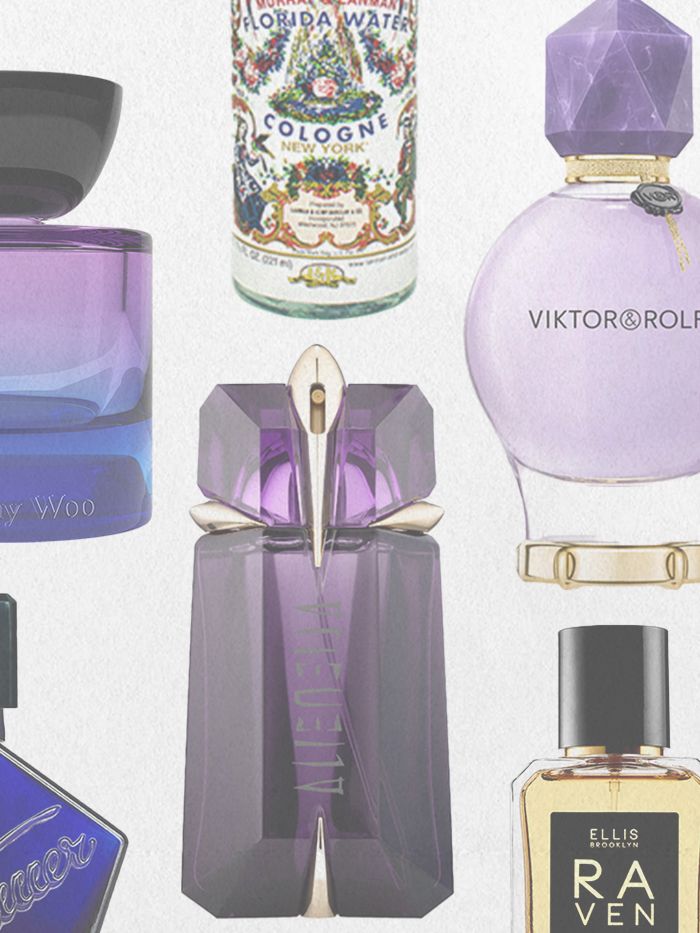
When I was in high school, I bought some “love” oil to use in a spell. (I considered myself a baby witch at the time.) With its pungent aroma of jasmine, rose petals, and herbs swimming around in the bottle, this tiny vial of oil was one of my very first magickal tools. That was over 20 years ago, and I still have the bottle on my altar. There’s only a little bit of the oil left, so I’ll open it once in a while just to take a whiff. While it’s not of any practical use to me now, the way that it’s able to transport me back to the time I was 15 almost makes the oil a spell for time travel itself. That, or it just shows how powerful scent is.
“Smell is our most ancient sense,” says Marissa Zappas, perfumer and creator of her eponymous fragrance brand. “Perfume—oils, resins, incenses, flower essences, etc.—have been used since the beginning of time for a variety of reasons: to seduce, comfort, even kill. I think there’s something about the way scent penetrates our unconscious that makes it divine.”
Cosmetics have long been associated with the occult. In the Middle Ages, the cosmetics-hating Church believed that wearing lipstick meant you were in cahoots with the devil. (Affluent women were exempt from this, of course.) Even the word glamour is derived from a Scottish term for “magic spell.” These days, beauty brands have been known to give their lipsticks and eyeshadows witchy monikers, while some infuse crystals into their products for a boost of positive energy. But perfume has its own magical history.
“My love and passion for fragrance and quality perfumes is also a part of my craft and beauty rituals come natural to me, being that I am ruled by the planet Venus (beauty, art seduction) fragrance has a way of evoking emotion but most importantly, memories. The olfactory system is like none other, it is the only human body function that allows us to access memories by our sense of smell,” says Bri Luna of The Hoodwitch. “Perfume in the days of the ancients was always tied to protection from Evil as well as seduction and witchcraft. Utilizing flowers, wild herbs, resins, and preparing them into the finest perfumes and fragrance oils was a way for women to camouflage their body odor, thus making them ‘witches’ and ‘deceivers.’ Perfume has come a long way, but for me it is a way to express my feelings/personality. Fragrance will always introduce you in a crowd and leave a lasting impression if worn properly.”
The concept of aromatherapy, which is tied to self-care and stress relief, has its roots in mysticism. Ancient Egyptians used fragrance in spells and ceremonies, and in The Scent of Ancient Magic, author Britta K. Ager writes how Greco-Roman magicians “used scent extensively as part of their rituals.”
In various modern magickal practices, fragranced oils are used to dress candles for spellwork, and Florida Water, a light floral and citrus cologne by Murray & Lanman that has been around since 1808, is famously known in magickal circles as a go-to for cleansing and protection.
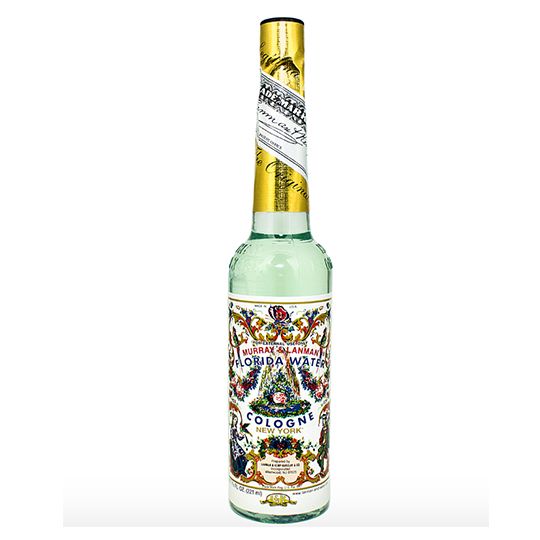
“Perfume as a concept and idea is alchemical; distilling the scent of nature into something that can be worn,” explains Gabriela Herstik, witch and author of Sacred Sex, Inner Witch, Bewitching the Elements, and Embody Your Magick. “It is subtle, unseen, but completely evocative, working on the senses, transporting one through the invisible. This is the same as magick.” Herstik says that certain scents and fragrances can invoke specific energies or feelings that can in turn transform the one wearing said perfume or the one interacting with it.
“Through perfume, you can reorient how others perceive you, veiling yourself in a light of your own choosing. This is glamour and a very powerful part of magick,” says Herstick. She goes on to explain how witches work with “correspondences,” which link certain colors, scents, crystals, and herbs to specific archetypal energies like that of planets or gods. “In this way, wearing a certain perfume can help you attract certain energies based on its correspondences,” she explains.
As Herstik says, many scents have specific spiritual and magickal connotations, such as rose and myrrh for love, mint for abundance and money and luck, patchouli for grounding, lavender for healing, honey for sweetness and abundance, coffee for energy, smoke for passion or to remain veiled, citrus for creativity and warmth, jasmine for sensuality and intuition. (You might already notice familiar associations between some of those scents and their effects.) “There’s a lot, and you can use traditional herbal or plant correspondences to work out your own perfume associations,” she says.
Keep scrolling for witchy fragrances to try, as recommended by some of our favorite witches.
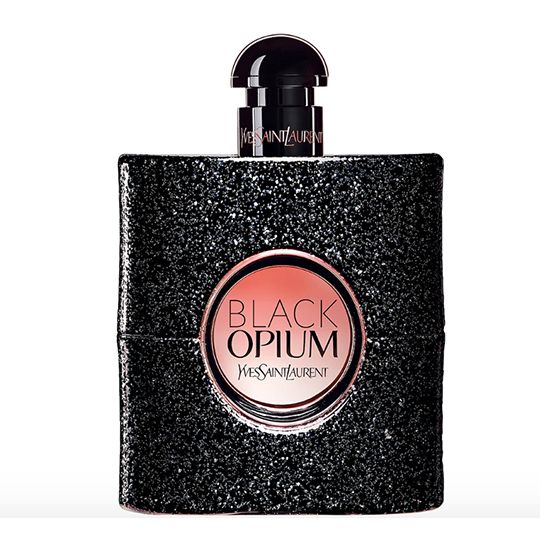
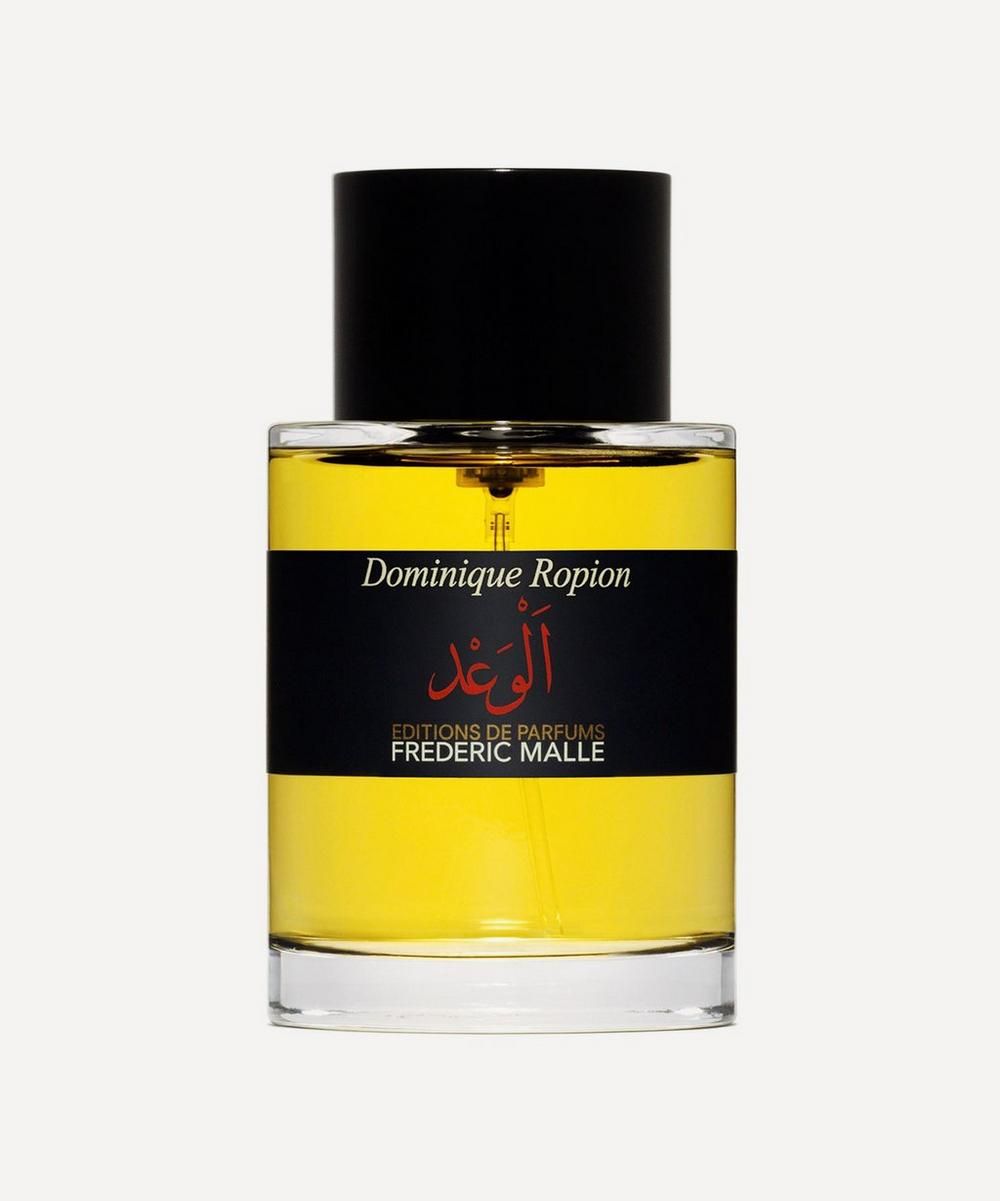
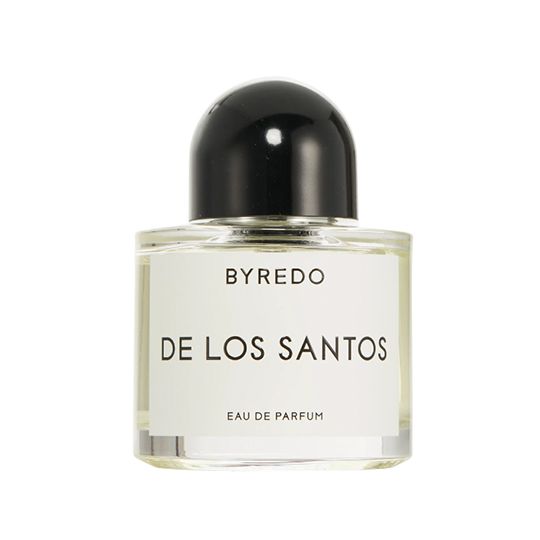
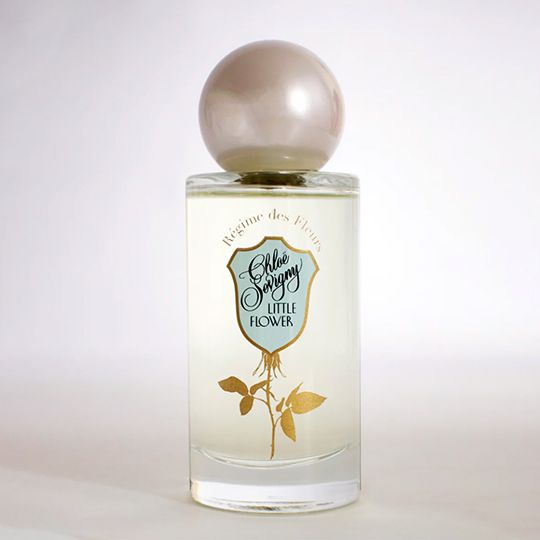
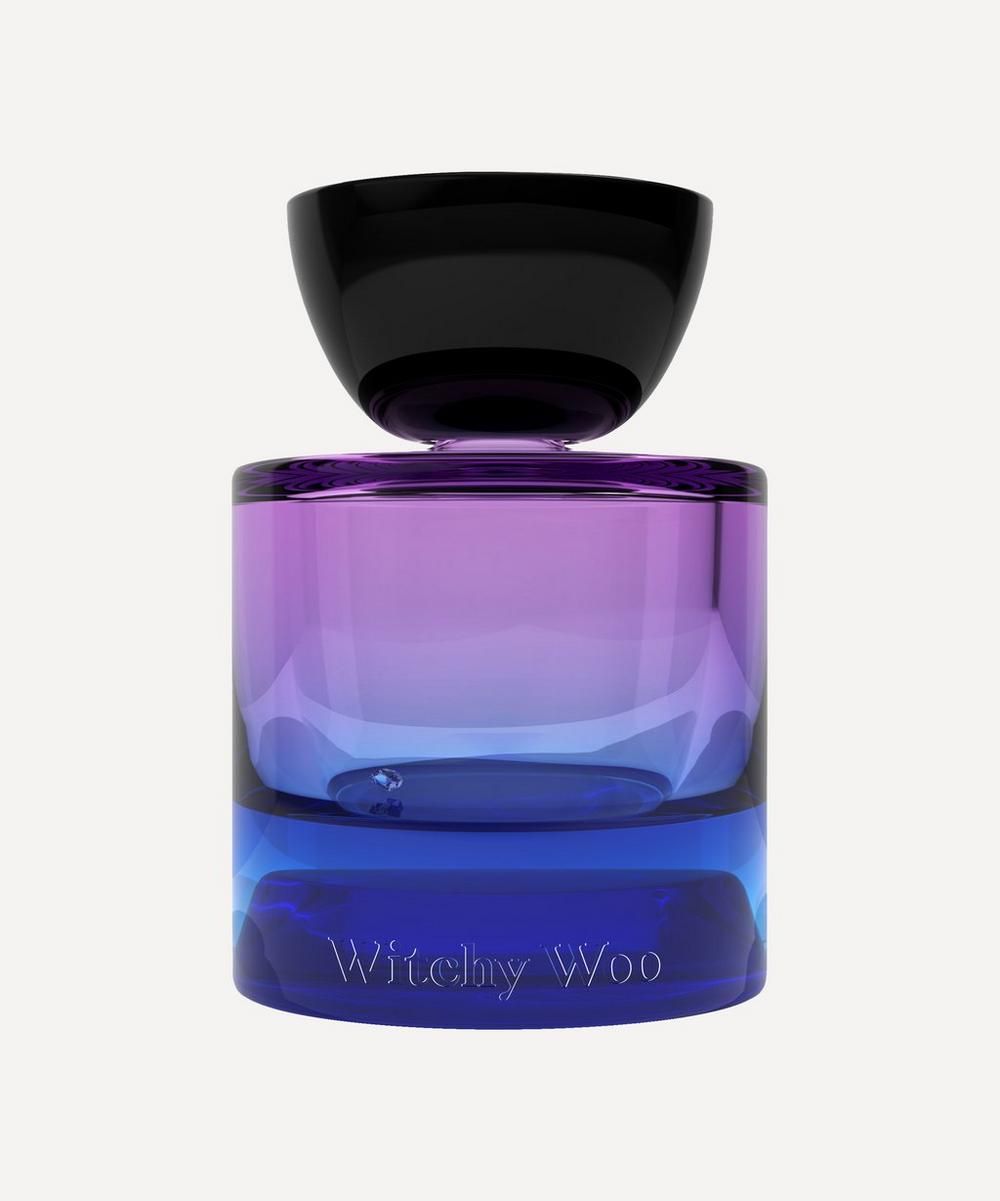
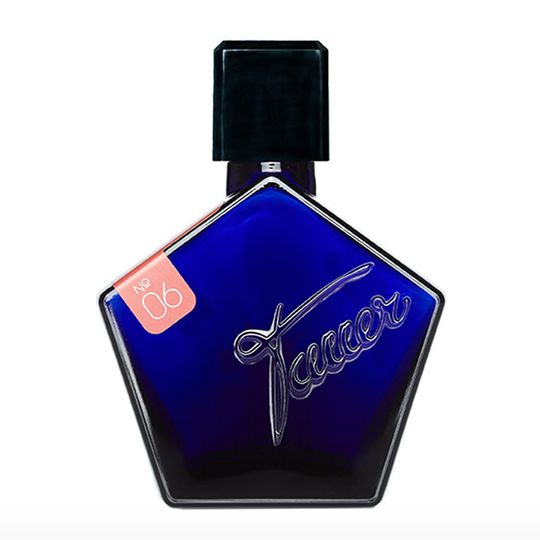
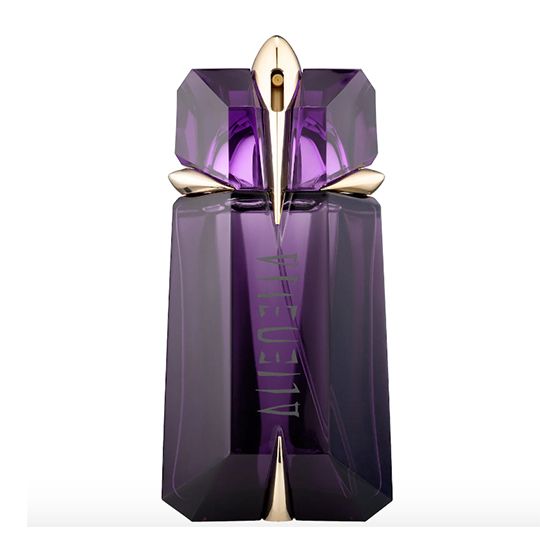
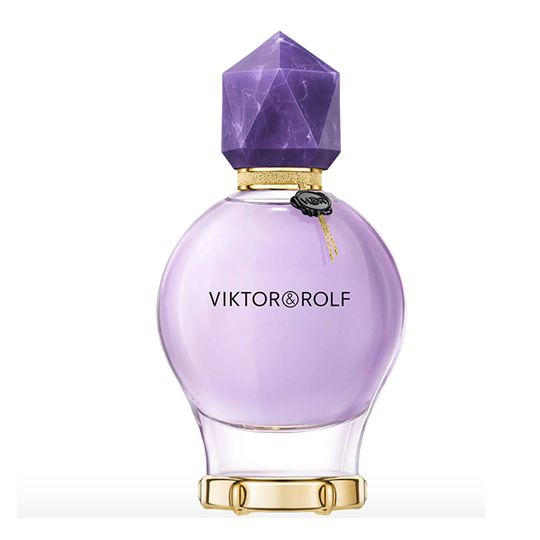
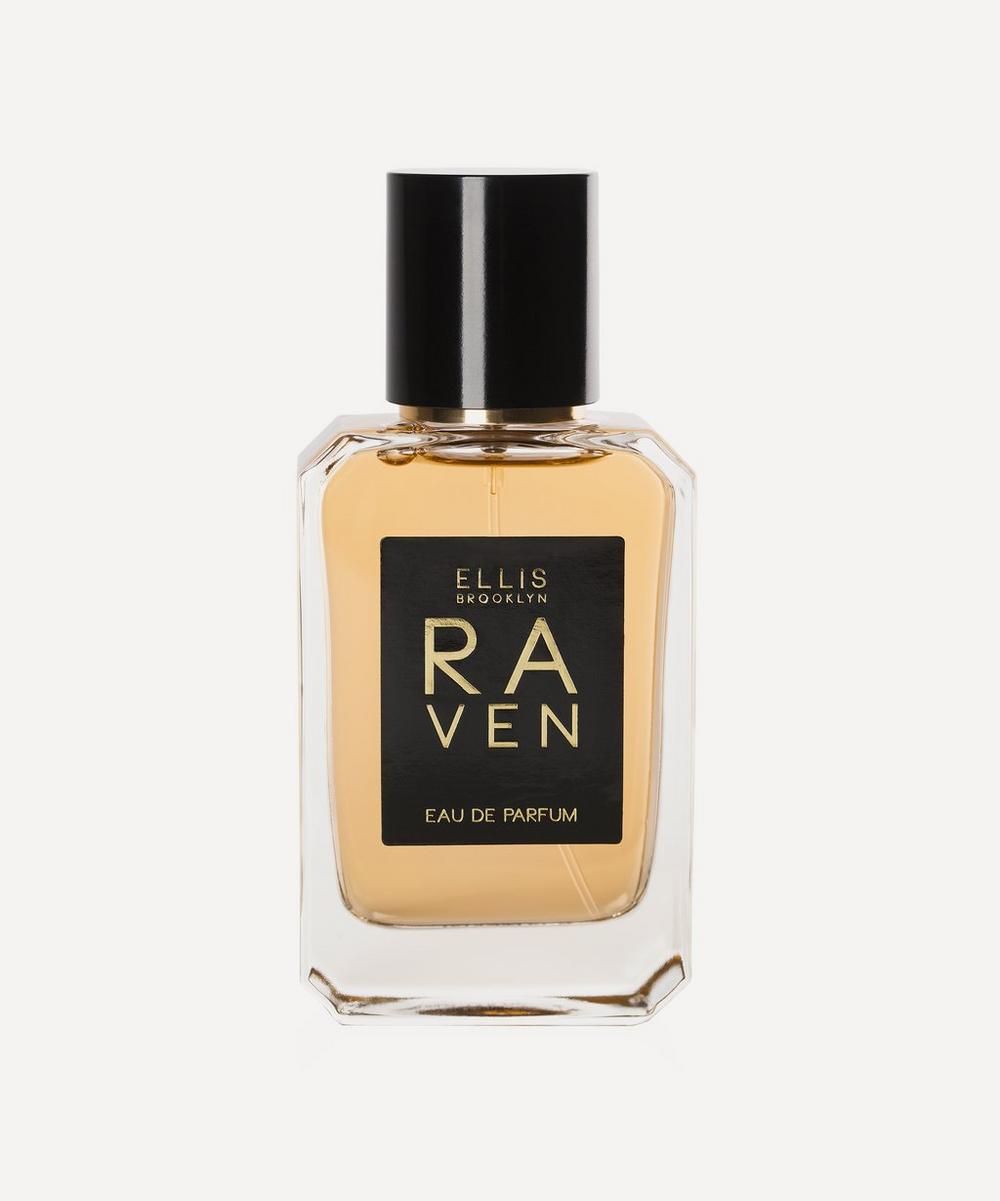
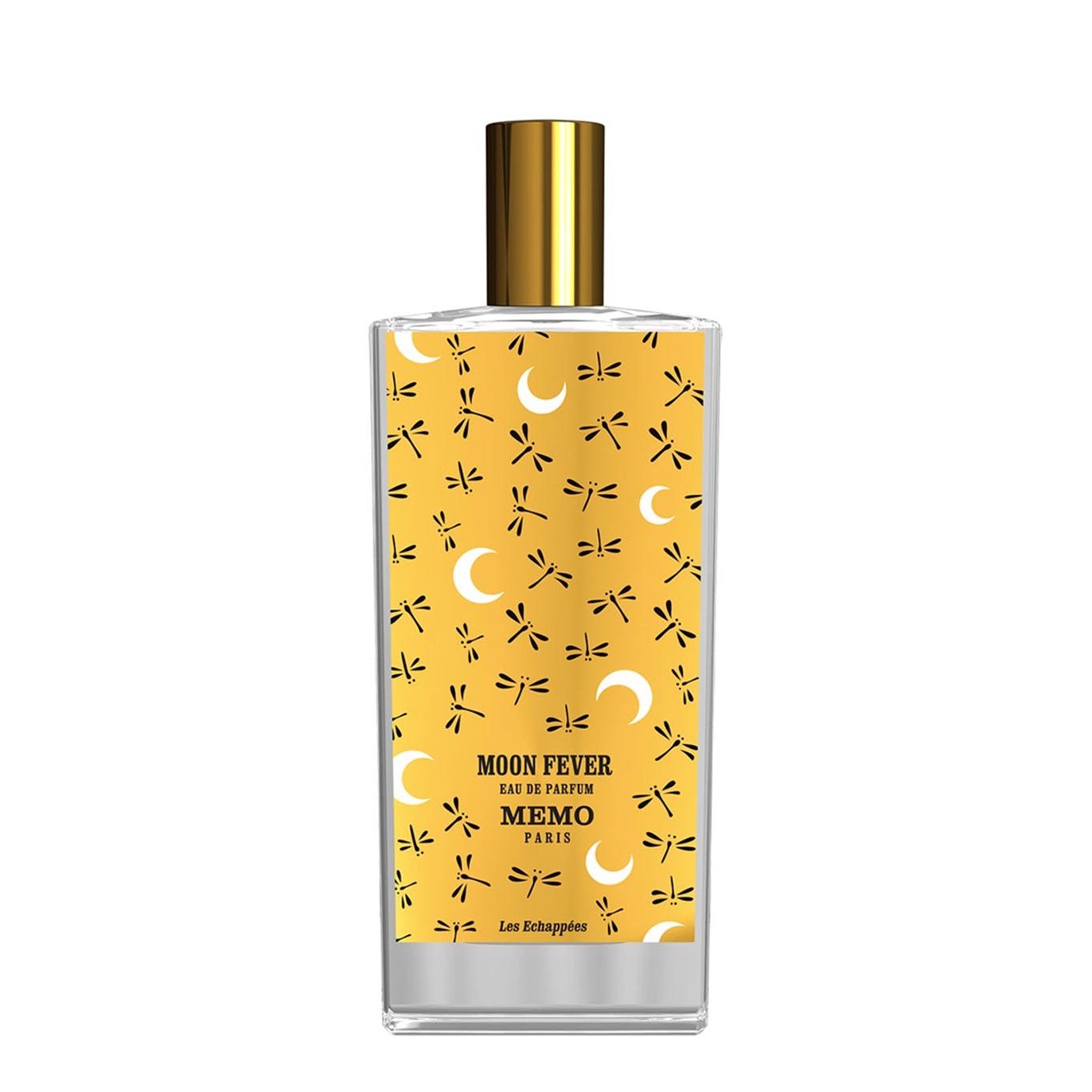
Up Next, The Cult French Perfume Rosie HW Kate Moss and VB All Wear



